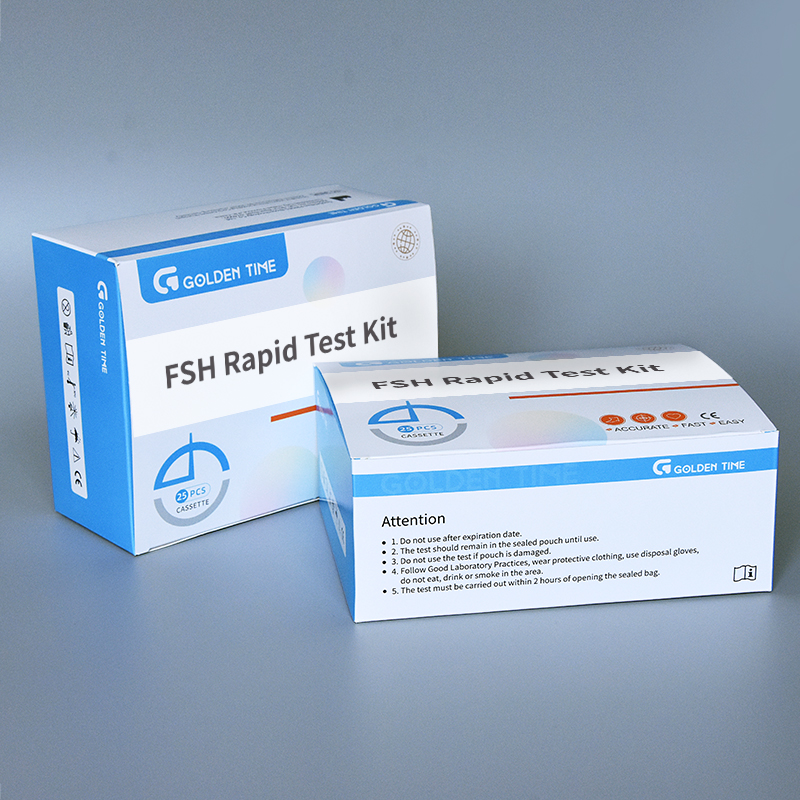Dec . 03, 2024 14:56 Back to list
wholesale malaria kit price supplier
Understanding Wholesale Malaria Kit Prices and Suppliers
Malaria continues to be a significant global health concern, especially in endemic regions. Effective management of this disease hinges not only on prompt diagnosis and treatment but also on the availability of adequate medical supplies. Among these supplies, malaria diagnostic kits play a crucial role. As global efforts to combat malaria intensify, understanding wholesale malaria kit prices and suppliers becomes essential for healthcare providers, governments, and non-governmental organizations (NGOs) alike.
The Importance of Malaria Diagnostic Kits
Malaria diagnostic kits are indispensable for the early detection and treatment of malaria. These kits typically include rapid diagnostic tests (RDTs) that detect specific antigens produced by the malaria parasite in infected individuals. Quick and accurate diagnosis is vital in administering appropriate treatment, reducing morbidity and mortality rates associated with malaria. Moreover, cost-effective and accessible testing can help in controlling outbreaks and managing healthcare resources effectively.
Factors Influencing Pricing
Several factors influence the pricing of wholesale malaria kits
1. Manufacturing Costs The quality of materials, production methods, and labor all contribute to the overall manufacturing costs. Higher quality materials and advanced technologies can lead to higher prices.
2. Regulatory Approvals Diagnostic kits must usually meet strict regulatory standards set by health authorities in different countries. The registration process can be lengthy and costly, affecting the final price tag.
3. Supply Chain Logistics Distribution methods, transportation costs, and storage conditions can significantly impact prices. In areas with challenging logistical conditions, these costs tend to rise, particularly affecting the end price of the kits.
4. Market Demand The demand for malaria tests varies seasonally and geographically. In areas with high malaria prevalence, prices might decrease due to competition among suppliers. Conversely, lower demand may result in higher costs.
5. Supplier Competition The number of suppliers operating in the market influences pricing. A competitive market may lead to lower prices as companies strive to capture market share.
Finding Wholesale Suppliers
For healthcare providers and organizations looking to procure malaria diagnostic kits Wholesalers or direct suppliers play a vital role. Here are steps to identify reliable suppliers
wholesale malaria kit price supplier

1. Online Research A wealth of information exists on potential suppliers. Websites and platforms that specialize in medical supplies often provide comprehensive listings of available products and prices.
2. Industry News Keep abreast of changes and developments in the medical supply industry. Trade publications and industry conferences can be excellent resources for gathering information about credible suppliers.
3. Networking Building relationships with other healthcare professionals can provide insights into effective suppliers. Recommendations from trusted colleagues can guide you toward reputable companies.
4. Government and NGO Partnerships Many governmental and non-governmental organizations have established partnerships with suppliers. These entities can offer valuable contacts and potentially favorable pricing arrangements.
Making a Purchase Decision
Once potential suppliers have been identified, making a purchase decision involves careful consideration. Pricing is important, but it should not be the only criterion. Here are other factors to take into account
1. Quality Assurance Ensure that the diagnostic kits comply with international standards and local regulations. Certifications from recognized organizations can help ascertain a product's reliability.
2. Customer Support Good suppliers provide robust support, including training for staff on how to use the kits effectively and assistance with any issues that arise.
3. Bulk Purchase Discounts When working in endemic areas, bulk purchasing can lead to significant cost savings. Always inquire about discounts for larger orders.
4. Delivery Times The urgency of acquiring malaria kits can vary. Ensure that your chosen supplier can meet your delivery timeline to avoid disruptions in patient care.
Conclusion
The fight against malaria relies heavily on timely diagnostics, and understanding wholesale malaria kit prices and suppliers is crucial in this battle. By considering the factors that affect pricing and carefully vetting suppliers, healthcare providers can ensure that they are equipped to address this critical public health issue effectively. Together, these efforts can lead to significant strides in controlling and ultimately eradicating malaria.
-
Accurate HCG Pregnancy Test Strips | Fast Home Use Kit
NewsJul.31,2025
-
Reliable Early Pregnancy Test Kit Supplier - Multi Plastic Cassette Options
NewsJul.30,2025
-
Transferrin Rapid Test Cassette – Reliable Tumor Marker Detection
NewsJul.29,2025
-
Accurate Follicle Stimulating Hormone Test Kit | Rapid Reliable Results
NewsJul.29,2025
-
High Accuracy LH Ovulation Test Kit - Digital Results & Wholesale Options
NewsJul.29,2025
-
HbsAg Blood Rapid Test Kit for Fast & Accurate Hepatitis B Detection
NewsJul.28,2025

